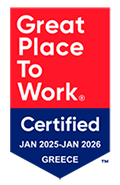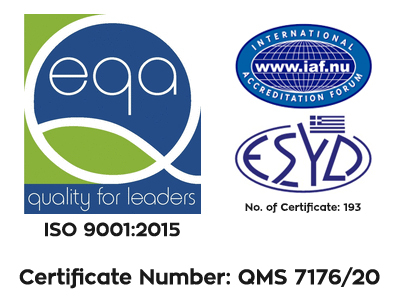Navigating the Safety Landscape
Prioritizing Health and Safety for Lone Workers
Working alone brings unique challenges that necessitate comprehensive safety measures and proactive risk management. As outlined by Health and Safety regulations, the responsibility falls on employers to ensure the safety and well-being of lone workers. Understanding the risks, implementing adequate measures, and fostering a culture of vigilance are key components in safeguarding those who work independently.
Risks Assessment and Management

Managing the risks associated with lone working involves a thorough assessment of potential hazards and scenarios that could pose harm to individuals working in isolation. Training, supervision, and continuous monitoring are fundamental aspects of this process. It’s crucial to identify the hazards that particularly affect lone workers, such as:
 Workplace Violence
Workplace Violence
In many industries, the risk of violence in the workplace is a concerning reality for lone workers. Establishing protocols, training, and providing tools to mitigate these risks is essential.
 Stress, Mental Health, and Well-being
Stress, Mental Health, and Well-being
Working alone can impact mental health and well-being. Employers must provide resources, support, and avenues for communication to address these concerns.
 Medical Suitability for Solo Work
Medical Suitability for Solo Work
Assessing an individual's medical suitability to work alone is crucial. This evaluation ensures that the lone worker is physically and mentally capable of handling the responsibilities and potential risks associated with solitary work.
 Workplace Environment
Workplace Environment
Considerations for the workplace itself are critical, especially if it's in a remote or isolated area. Adequate measures should be in place to address any environmental risks.
 High-Risk Work
High-Risk Work
Certain high-risk tasks mandate the presence of at least one other person for safety reasons. Examples include confined space work, tasks involving exposed live electricity conductors, diving operations, work with explosives, and fumigation.
The obligations concerning the safety of lone workers extend to various scenarios, including instances when a lone worker operates within someone else's workplace or while working from home.
Supervision, Training, and Communication
Employers must provide comprehensive training, supervision, and regular communication channels to ensure the well-being of lone workers. Establishing protocols for emergency response and incident reporting is crucial.
Interaction with Other Employers
When a lone worker operates in another employer's workspace, it's essential to collaborate and exchange information regarding risks and control measures. This ensures comprehensive protection for the lone worker.
Embracing a Proactive Approach
Prioritizing health and safety for lone workers isn't just a legal requirement; it's a moral obligation. Employers should adopt a proactive stance, constantly evaluating and upgrading safety measures to adapt to evolving risks and scenarios.
The landscape of lone worker safety demands proactive risk management, comprehensive training, and continuous monitoring. By understanding the unique risks associated with solitary work, implementing robust safety protocols, and fostering a culture of vigilance, employers can ensure the well-being and security of their lone workers. Investing in safety is not just a legal obligation; it's a commitment to the people who contribute significantly to the workforce while operating independently.
Empowering Lone Workers
A Guide to Personal Safety and Well-being

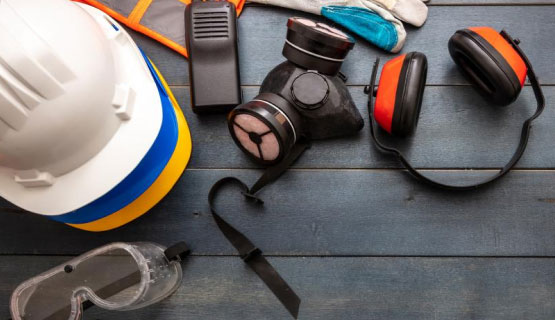
Personal Safety
Safety and well-being are paramount, especially for those who work alone. Whether on-site, in remote locations, or during unconventional hours, lone workers face unique challenges that demand robust safety measures and proactive health protocols. Understanding and prioritizing personal safety are pivotal for their peace of mind and security in any environment.
For lone workers, personal safety encompasses a spectrum of strategies and tools tailored to mitigate risks in solitary work environments. It's about fostering a culture of vigilance, preparedness, and swift response in the face of emergencies, ensuring individuals are equipped to handle diverse safety challenges.
Why is Personal Safety Crucial for Lone Workers?
Working alone presents distinctive risks that require tailored safety measures. Whether in construction, healthcare, delivery services, or freelance work, the absence of immediate assistance amplifies the importance of proactive safety practices.
Personal safety for lone workers transcends the traditional workplace protocols. It involves a proactive approach to risk assessment, equipped with tools that offer immediate assistance and communication in emergencies.
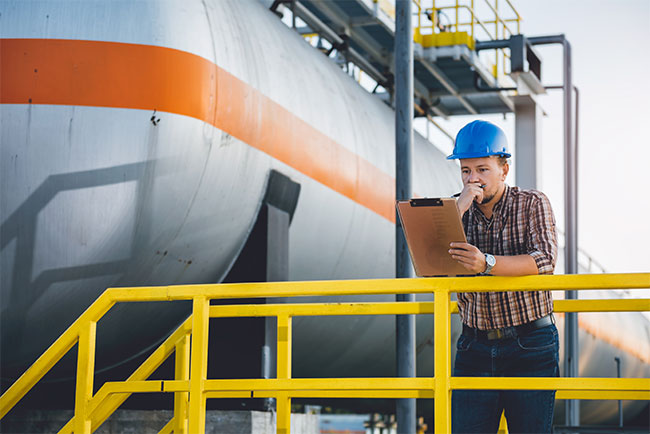

The Role of Technology in Personal Safety
Innovative technologies have revolutionized personal safety for lone workers. Mobile applications and wearable devices offer real-time location tracking, emergency alerts, and communication channels that serve as lifelines in critical situations.
MyLoneWorkers, a comprehensive safety solution, is tailored for lone workers, offering a suite of features designed to ensure their security and well-being.
 In-App Panic Buttons: Accessible within the MyLoneWorkers app, panic buttons provide an instant and discreet means to alert designated contacts or emergency services during crises.
In-App Panic Buttons: Accessible within the MyLoneWorkers app, panic buttons provide an instant and discreet means to alert designated contacts or emergency services during crises.
 Wearable SOS Devices: Portable and easily carried, these devices trigger immediate alerts with a simple press, offering a swift and discreet way to call for help.
Wearable SOS Devices: Portable and easily carried, these devices trigger immediate alerts with a simple press, offering a swift and discreet way to call for help.
 ManDown Sensors: These sensors detect falls or impacts, instantly notifying responders in emergencies where individuals might be incapacitated.
ManDown Sensors: These sensors detect falls or impacts, instantly notifying responders in emergencies where individuals might be incapacitated.
 Welfare Check: Automated reminders prompt users to perform necessary checks, triggering alerts if not completed within a specified timeframe, ensuring timely attention to safety.
Welfare Check: Automated reminders prompt users to perform necessary checks, triggering alerts if not completed within a specified timeframe, ensuring timely attention to safety.
 Proactive Deviation Notifications: Monitoring and addressing deviations from scheduled tasks serve as indicators for potential safety issues, enabling proactive intervention.
Proactive Deviation Notifications: Monitoring and addressing deviations from scheduled tasks serve as indicators for potential safety issues, enabling proactive intervention.
 Mass Notifications: Instant dissemination of critical information to all lone workers ensures swift attention to emergent situations.
Mass Notifications: Instant dissemination of critical information to all lone workers ensures swift attention to emergent situations.
Personal safety tools aren't just gadgets; they're lifelines for lone workers. They empower individuals to swiftly and discreetly call for assistance, bridging the gap between danger and support.
Why Prioritize Personal Safety for Lone Workers?

Investing in robust personal safety measures for lone workers isn't just a necessity; it's a moral imperative. It demonstrates a commitment to the well-being and security of those who operate in isolated or high-risk environments.
Prioritizing personal safety for lone workers leads to enhanced productivity, reduced absenteeism, and fosters a culture of vigilance and well-being. It also attracts and retains top talent seeking secure work environments.
The investment in advanced safety technologies and proactive measures lays the foundation for a safer and more secure future for lone workers. It's an essential step towards mitigating risks and ensuring the well-being of those who work independently.
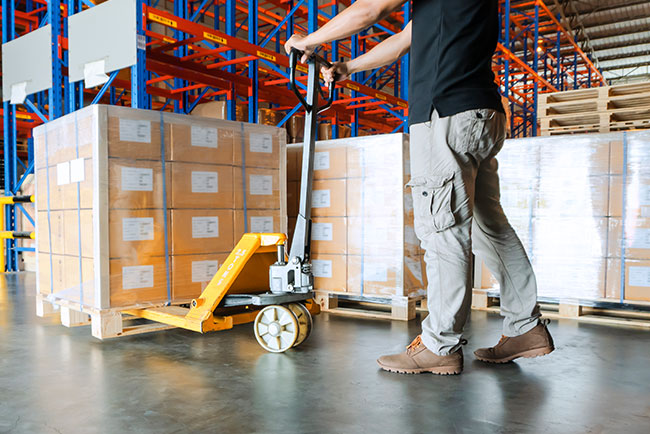
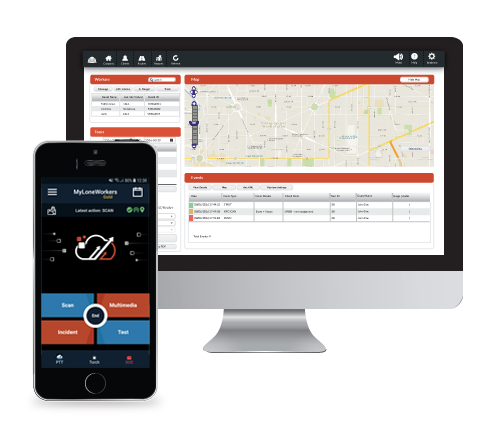
MyLoneWorkers stands as a comprehensive solution empowering lone workers to navigate their environments confidently. By integrating proactive safety features, it ensures rapid emergency response, fosters personal health, and encourages active participation in safety protocols.
For lone workers, safety isn't just a set of protocols; it's a culture of preparedness and empowerment. The tools and strategies offered by MyLoneWorkers redefine personal safety, providing peace of mind and security in solitary work settings.
Safety and well-being are non-negotiable for lone workers. By embracing advanced safety technologies and proactive measures, MyLoneWorkers champions the cause of personal safety, offering a lifeline for those who work independently, ensuring a secure and empowered work experience.
About Us!
ABOUT US
Terracom has as main objective the production of innovative technology products and the provision of integrated IT and communications solutions.
The No1 Workforce & Safety Management Systems Vendor
MYLONEWORKERS SHOP
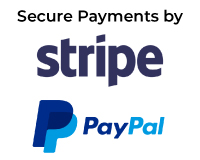
From the blog
February 12, 2025
February 06, 2025
January 29, 2025
Get in touch
CONTACT US
Terracom S.A
Thesi Ntousia,
Bafra, Ioannina
ZIP: 45500, Greece
+30-26510-94333
info(at)myloneworkers(dot)com
